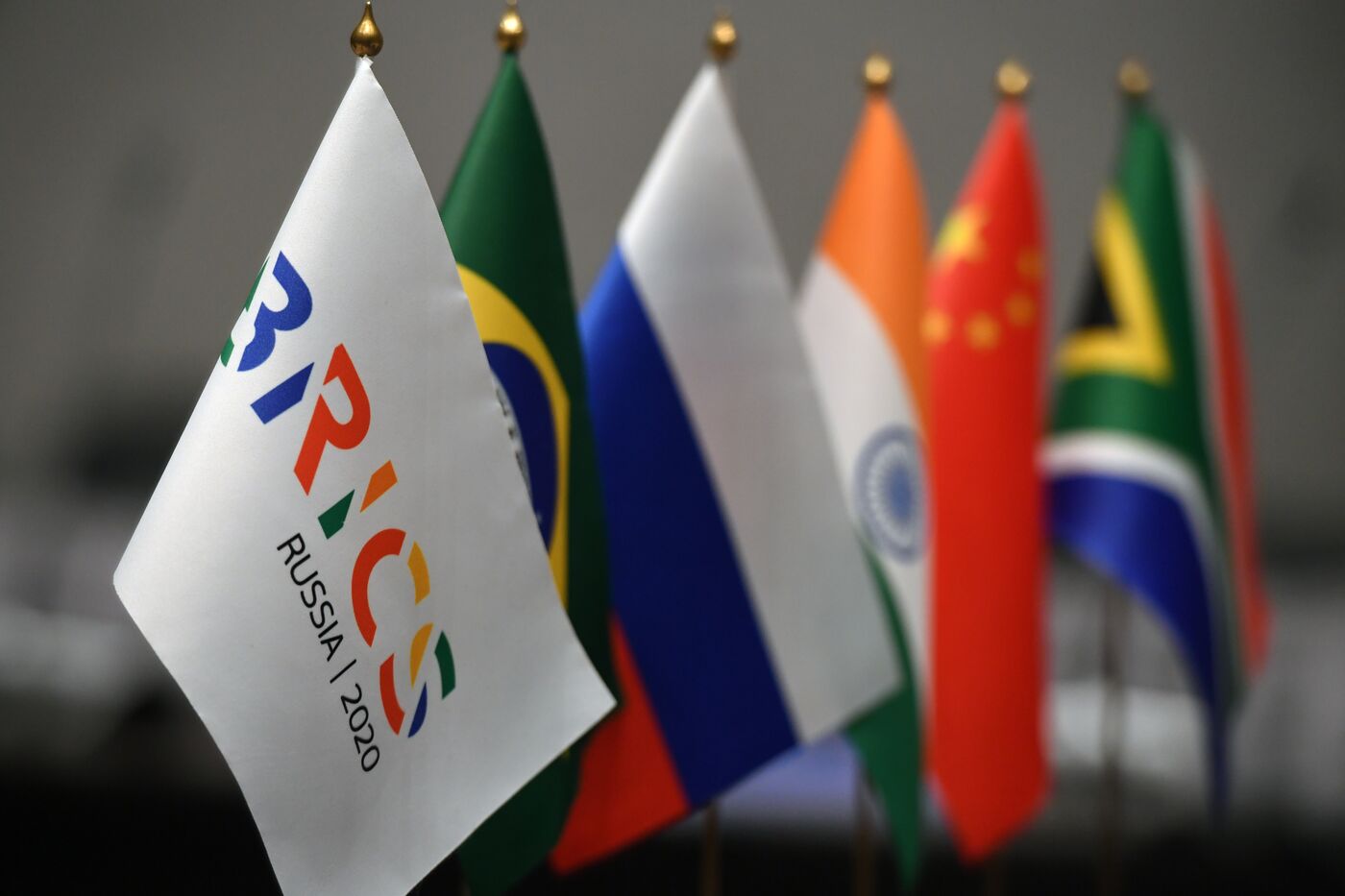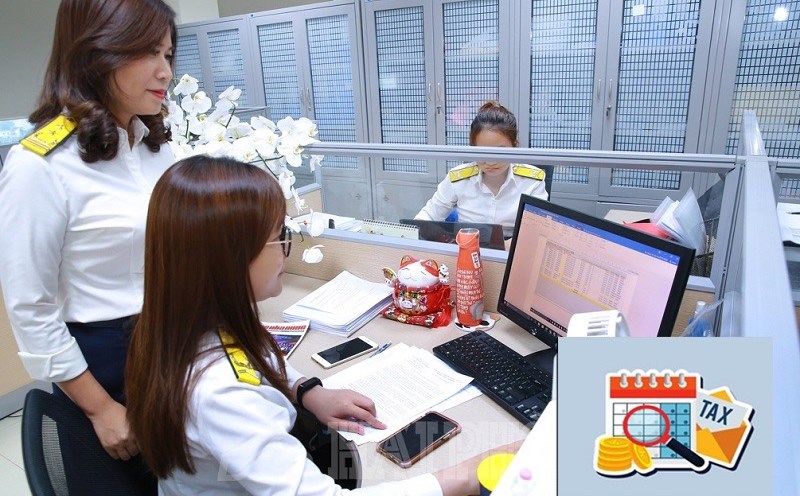At the regular press conference of the Ministry of Foreign Affairs on the afternoon of October 31, Deputy Spokesperson Doan Khac Viet answered questions from the press asking for comments on the information that Vietnam is on the list of partners of the BRICS group as well as assessing the prospects for Vietnam - BRICS cooperation.
Deputy Spokesperson Doan Khac Viet said: "As an active and responsible member of the international community, Vietnam has been and will actively and responsibly contribute to multilateral mechanisms and forums, contributing to peace, stability and development in the region and the world, in accordance with Vietnam's needs and interests."
"Vietnam will study information on the BRICS regulations. And Vietnam's participation in multilateral, regional and international cooperation mechanisms is always studied and considered on the basis of suitability with Vietnam's interests, conditions and capabilities. At the same time, this also consistently demonstrates the foreign policy of independence, self-reliance, multilateralization and diversification of international relations, being a friend, a reliable partner and a responsible member of the international community" - Deputy Spokesperson of the Ministry of Foreign Affairs of Vietnam emphasized.
BRICS was founded in 2006, initially consisting of 4 countries Brazil, Russia, India, China and added South Africa in 2010.
At the 15th summit held in South Africa in 2023, BRICS announced the admission of 6 new members including Argentina, Saudi Arabia, Egypt, Ethiopia, Iran and the UAE. To date, Argentina has announced that it will not join BRICS and Saudi Arabia is still considering joining the group.

BRICS cooperation is based on three pillars, including political-security, economic-financial, cultural and people-to-people cooperation.
BRICS is currently focusing on a number of cooperation and development orientations, including: Promoting the process of expanding membership to expand the scale and influence of the Group on a global scale. Researching to promote higher institutionalization (for example, establishing a permanent agency - the BRICS Secretariat). Consolidating and expanding the role and influence of the NDB Bank. Promoting solutions to reduce dependence on the US dollar and the Western financial and monetary system, building an intra-bloc payment system, etc.
Expand cooperation in many fields, forming a separate system, separate from the systems led by the US and the West: BRICS supply chain, new technology cooperation, cooperation in the space sector, common market platform (BRICS FTA), building medical and social infrastructure, promoting multilateral trade, investment, and combating climate change.
Within the BRICS framework, there are a number of participation mechanisms for non-BRICS member countries: Participation in the NDB Bank; Participation in forums/dialogues within the BRICS-plus framework as guest countries such as the BRICS Leaders' Meeting, the BRICS Foreign Ministers' Meeting, and a number of conferences and dialogues on specific areas (security, urban development, etc.).











